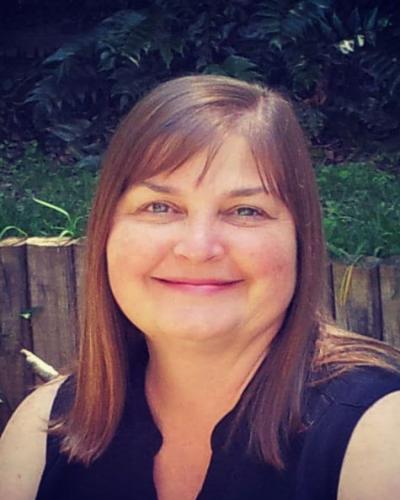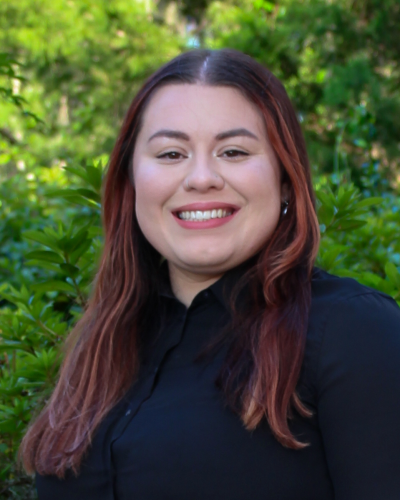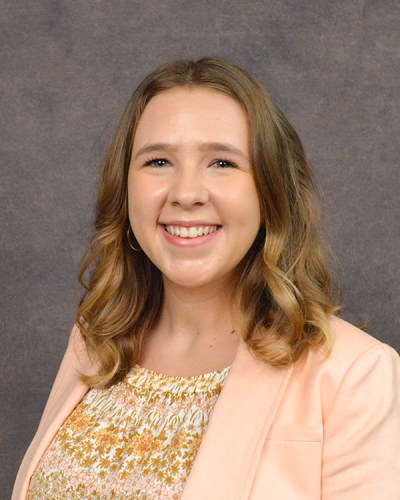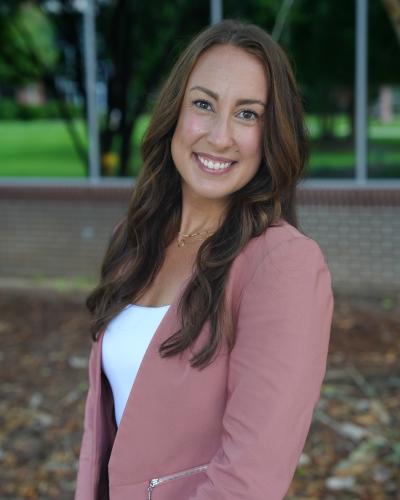Cabell Lab
Sonia Cabell, Ph.D. is an R. Keith and Patricia Duggins Sigmon Endowed Professor in Reading Education in the School of Teacher Education, Anne Spencer Daves College of Education, Health, and Human Sciences at Florida State University and Core Faculty at the Florida Center for Reading Research. Dr. Cabell’s research focuses on the prevention of reading difficulties among young children who are at-risk, particularly those who are living in poverty. As a group, these children are more often exposed to lower quality language and literacy interactions both at school and at home than their more economically advantaged peers. The early years (birth – age 8) are especially critical because high-quality interactions and environments during these years lay the foundation for children’s future reading success. Innovative ways to accelerate language and literacy learning are crucial to narrow the achievement gap for children living in poverty. Consequently, Dr. Cabell’s work spanning pre-kindergarten through second grade consists of how to strengthen children’s language and literacy skills that serve as precursors to both successful reading comprehension and word recognition.
Research Projects
Teaching Together
The project examines the efficacy of the Teaching Together program for pre- kindergarten (pre-k) children who are at risk of academic difficulties due to limited oral language skills. This project is unique in its focus on academic level oral language classroom activities that are aligned with home-based activities. Our goal is to understand the benefits and costs of increasingly tailored, tiered interventions in school only or at school plus home.
Scholastic Knowledge Library
This project examines the implementation of a content-rich literacy curricular supplement, Scholastic Knowledge Library, in second grade classrooms. The aim of the project is to better understand what makes this differentiated small group instruction a success and what the barriers to implementation are.
VOICES II
Early language development is critical to young children's school readiness. Strong language skills support children's academic achievement in reading, math, and broader academic areas. Substantial numbers of young children enter kindergarten with weak language skills, placing them at-risk for disabilities and ongoing school difficulties. Despite this, all preschool programs do not provide children with sufficient opportunities to develop their language skills. Too many classrooms provide low-quality instructional and environmental support for children's language development. However, the quality of the language environment in preschool classrooms can be improved to lead to better child outcomes. This project, with diverse settings, robust measures, multiple measurement waves and sophisticated analytic modeling, improves the scale and scope of prior work to support better understanding of teachers' linguistic interactions with children. Researchers will focus on three quality facets of linguistic features of teacher talk across five distinct interaction settings, and how they each predict children's language skill growth. The team will identify the most important teacher linguistic behaviors and the instructional contexts most likely to facilitate children's language development. These findings will ultimately support the design of more effective future professional development and instruction in early childhood settings.
CKLA Read Aloud Project- Efficacy Trial
The purpose of this project is to test the efficacy of the Core Knowledge Language Arts: Knowledge Strand read aloud program in Kindergarten through Second Grade Classrooms. Many students struggle with reading comprehension in the United States and research has suggested that teachers may foster the development of comprehension by reading aloud to students in primary grade classrooms. However, many teachers are not strategic in choosing texts to read aloud, or they follow curricular programs that do not build coherent knowledge.
CKLA is a fully developed curriculum focused on literature, science, and American and World history. In order to test the efficacy of participation in the CKLA program in improving student achievement outcomes, researcher randomly assigned schools either to receive CKLA or to continue to receive the regular classroom practices already in place. Students in the treatment schools will receive a total of three years of CKLA in kindergarten, first, and second grades. Student achievement outcomes (i.e., vocabulary, listening comprehension, knowledge) will be assessed prior to the intervention in kindergarten and again in the spring of kindergarten, the spring of first grade, and the spring of second grade. Implementation fidelity and comparison group practices will be assessed using classroom observations and teacher reading logs.
Sit Together and Read and Write (STAR-W)
This randomized controlled trial examines the impact of an innovative early literacy curriculum, Sit Together and Read and Write (STAR-W), which combines developmentally appropriate reading and writing instruction on preschool children’s early writing and print skills. The study also examines if the impact depends on children’s pre-intervention writing and print knowledge skills.
Great Minds – Wit & Wisdom
This project examines the implementation of the Wit and Wisdom curriculum at the classroom level in kindergarten. Given the emphasis of “kindergarten as a sturdy bridge” between preschool and elementary school (USDOE, 2023), it is vital to understand the unique kindergarten learning environment and the barriers to and facilitators of implementing a content-rich literacy curriculum in this grade. The overarching aim of the project is to better understand the ways in which kindergarten teachers implement content-rich literacy curriculum.
Resources
- Deconstructing the Rope: Language Comprehension with Sonia Cabell (Season 3, Episode 8), Science of Reading: The Podcast, Amplify Education, April 2021
- Filling the Pail podcast
- Massachusetts Department of Elementary and Secondary Education: Mass Literacy website
- Mass Literacy: Language Development with Dr. Sonia Cabell, February 2021
- International Literacy Association talk in 2020
- Research, Comprehension, and Content-Rich Literacy Instruction: Sonia Cabell (Season 2, Episode 7), Science of Reading: The Podcast, Amplify Education, December 2020
- Science of reading interview with Sonia Q. Cabell and HyeJin Hwang (interviewer Editor Amanda Goodwin), Reading Research Quarterly, 2020, International Literacy Association
- International Literacy Association talk in 2019
- Writing Into Literacy: Why Early Writing Matters, TEDx FSU Conference, Florida State University, April 2019
- Why Knowledge Matters in the Common Core Era; Brookings Institution (Respondent and Panelist in book event with author E.D. Hirsch, Jr.)
- Smart Talk: 3 Ways to Stimulate High-Quality Classroom Conversations; Rae Pica, BAM!radio (2015)
Books and Curricular Materials
- Emergent Literacy Lessons for Success
- Teaching Together
In The News
- 2019 chalkbeat CO
- 2019 Scientific American
- 2020 Ed Week commentary on Tyner & Kabourek
- 2021 Forbes article by Natalie Wexler
- 2024 FSU College of Arts and Sciences SPECTRUM magazine







